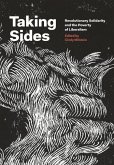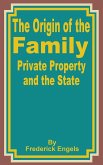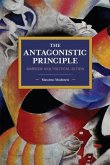Friedrich Engels' "The Origin of the Family, Private Property and the State" remains a seminal work in social sciences, exploring the evolution of human society through the lens of historical materialism. Building upon the research of Lewis Henry Morgan's "Ancient Society," Engels examines the origins of family structures, the concept of private property, and the emergence of the state. This classic text delves into the interconnectedness of these fundamental societal elements, tracing their development and impact on social evolution. Engels' analysis provides a framework for understanding the historical roots of social inequalities and the rise of class-based systems. His work has had a profound influence on sociological thought and political ideologies, particularly within the context of socialism. This meticulously prepared print edition offers readers a crucial resource for understanding the foundations of social organization and the historical forces that have shaped our world. A valuable resource for anyone studying sociology, social history, or political ideologies. This work has been selected by scholars as being culturally important, and is part of the knowledge base of civilization as we know it. This work is in the public domain in the United States of America, and possibly other nations. Within the United States, you may freely copy and distribute this work, as no entity (individual or corporate) has a copyright on the body of the work. Scholars believe, and we concur, that this work is important enough to be preserved, reproduced, and made generally available to the public. We appreciate your support of the preservation process, and thank you for being an important part of keeping this knowledge alive and relevant.
Bitte wählen Sie Ihr Anliegen aus.
Rechnungen
Retourenschein anfordern
Bestellstatus
Storno









